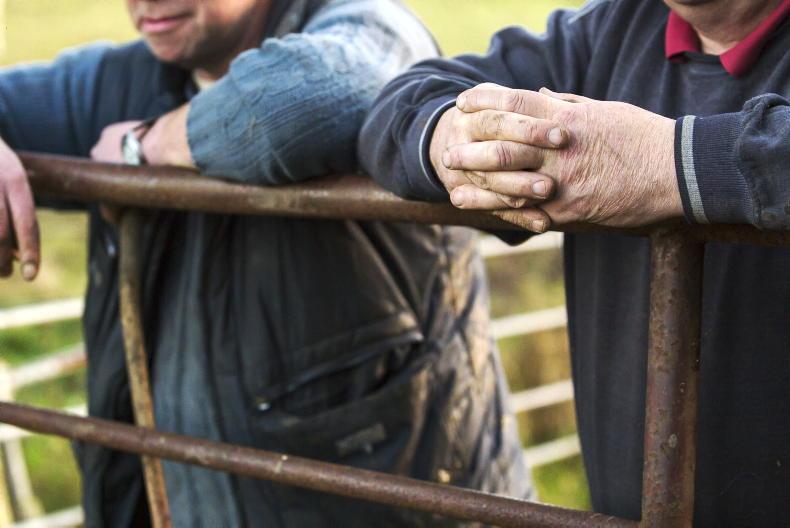Farm scheme payments could be entirely scrapped for around 40,000 farmers receiving a pension, if the European Commission gets its way with the next CAP.
The Commission is considering forcing farmers of pensionable age to choose whether they want to receive a retirement pension or CAP income supports, according to draft proposals for the post-2027 CAP seen by the Irish Farmers Journal.
The draft document shows that a stick approach could be taken with older farmers who have not yet passed their farms on, despite Brussels’ plans to offer more supports to young farmers seeking to get a foothold on the land.
The proposal document states that “member states shall ensure that at the latest by 2032 the applicants who reach the retirement age, determined by national law, and who receive a retirement pension no longer receive [income support]”.
State pensions can currently generally be claimed from 66 years of age in Ireland.
Around 36% of the farmers represented in Teagasc’s National Farm Survey lived in a household that received a pension last year, with the proportion of households in the drystock sector with a pension about twice the corresponding figure for dairying.
Central Statistics Office (CSO) farm census data for 2020, the latest year available, put the number of farmers above the age of 65 at over 42,000 out of a total of 130,000 farm holders. The CSO data puts the west as having the highest percentage of its farmers over 65 at 37%, followed by the border region at just under one-third.
Payment exclusion
Another potentially significant development outlined in the draft proposals which could end CAP income supports for thousands more Irish farm families is a proposal to limit area-based payments to just those “whose principal activity is agriculture”.
The proposals add that income supports should still be granted to “small and pluri-active farmers, who are engaged in at least a minimum level of agricultural activity”.
However, clarity is needed around how this proposal could impact future farm payments to part-time farmers who receive a higher income from their off-farm job than they do from farming.






 This is a subscriber-only article
This is a subscriber-only article










SHARING OPTIONS: